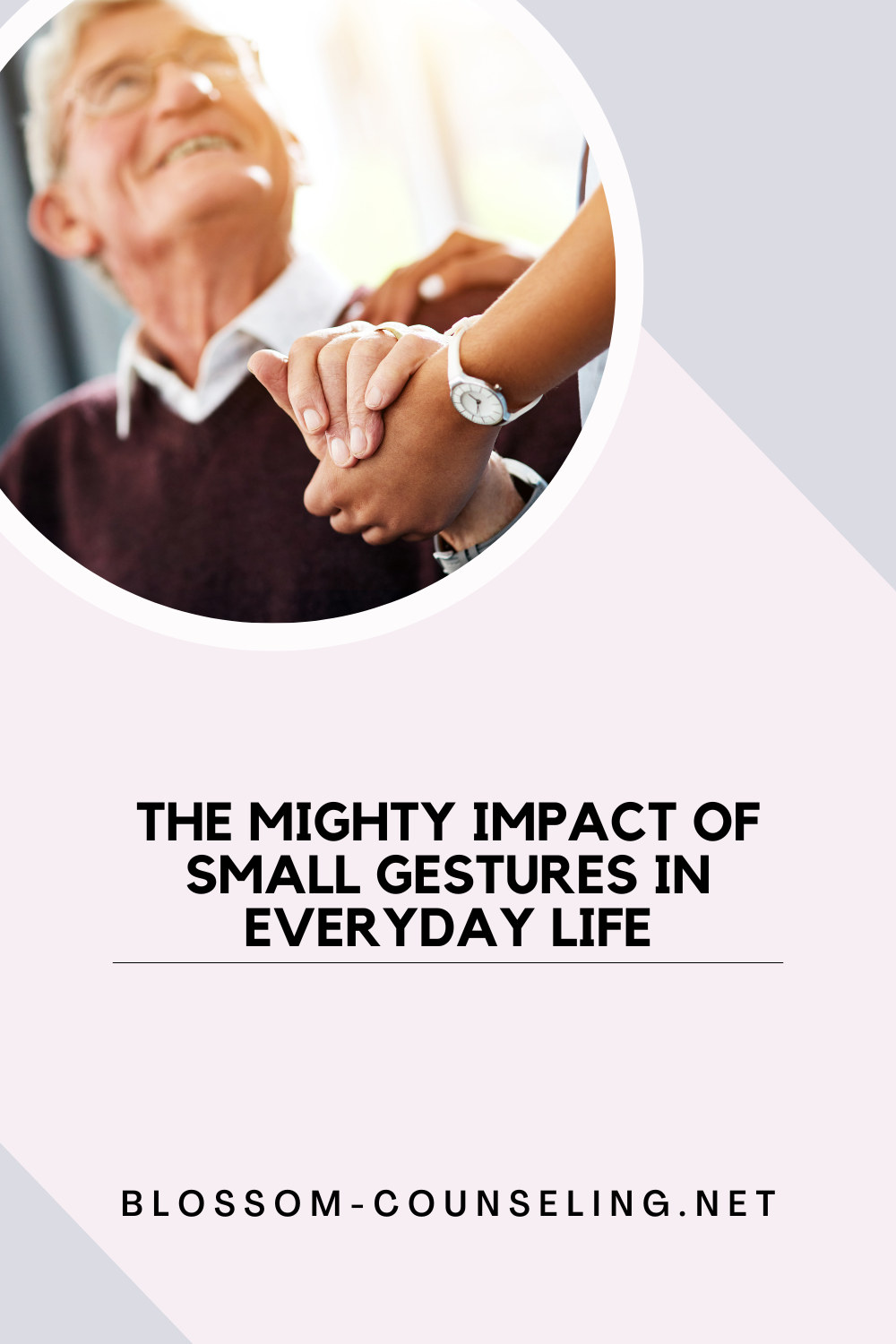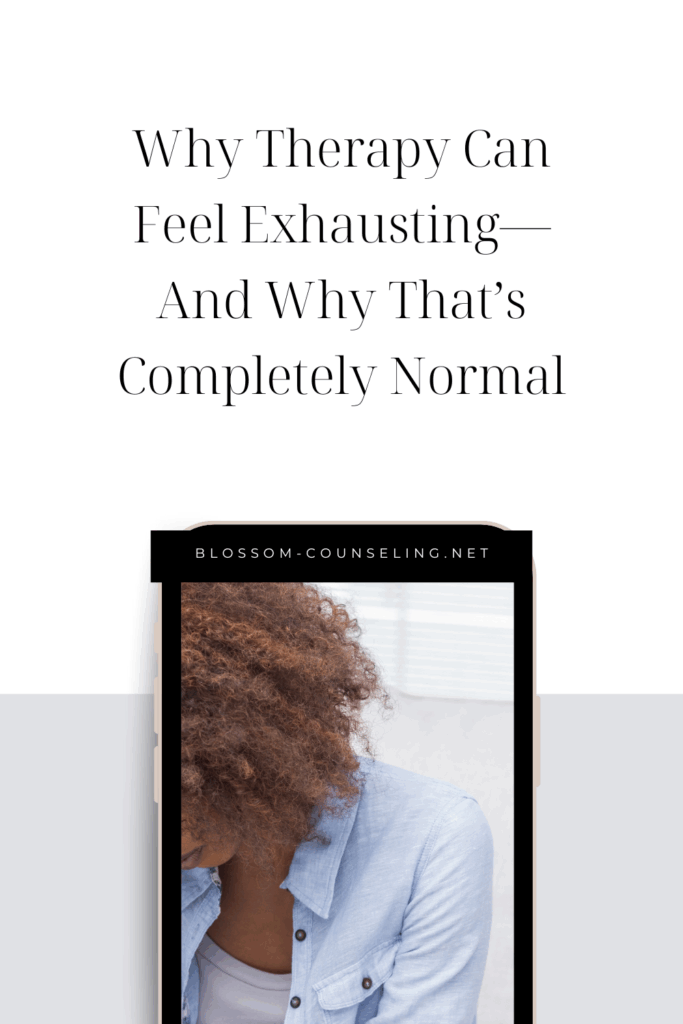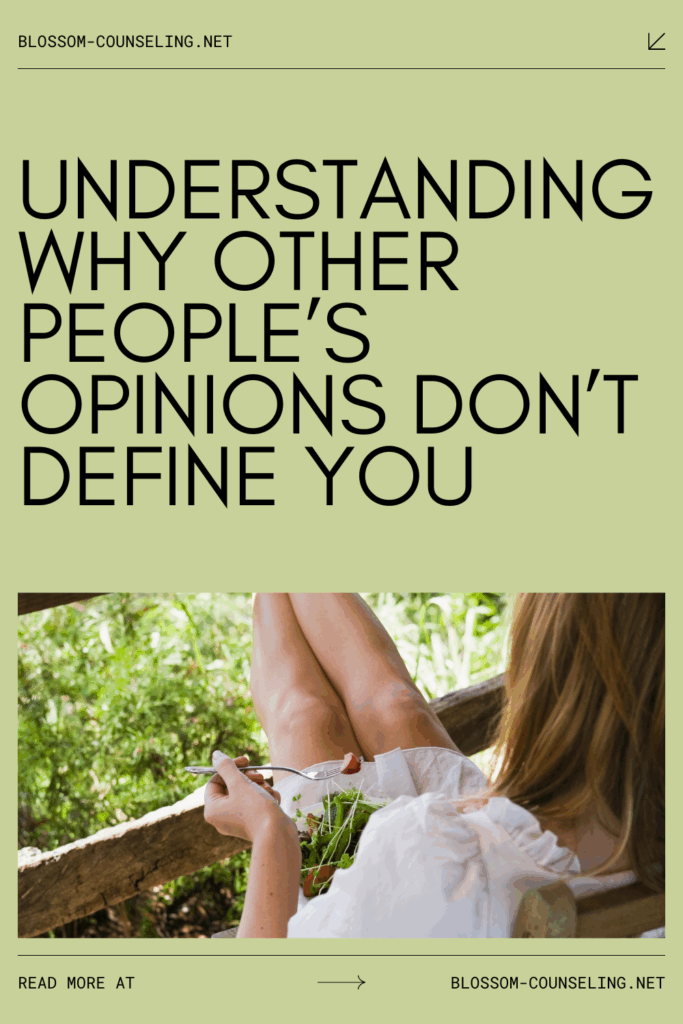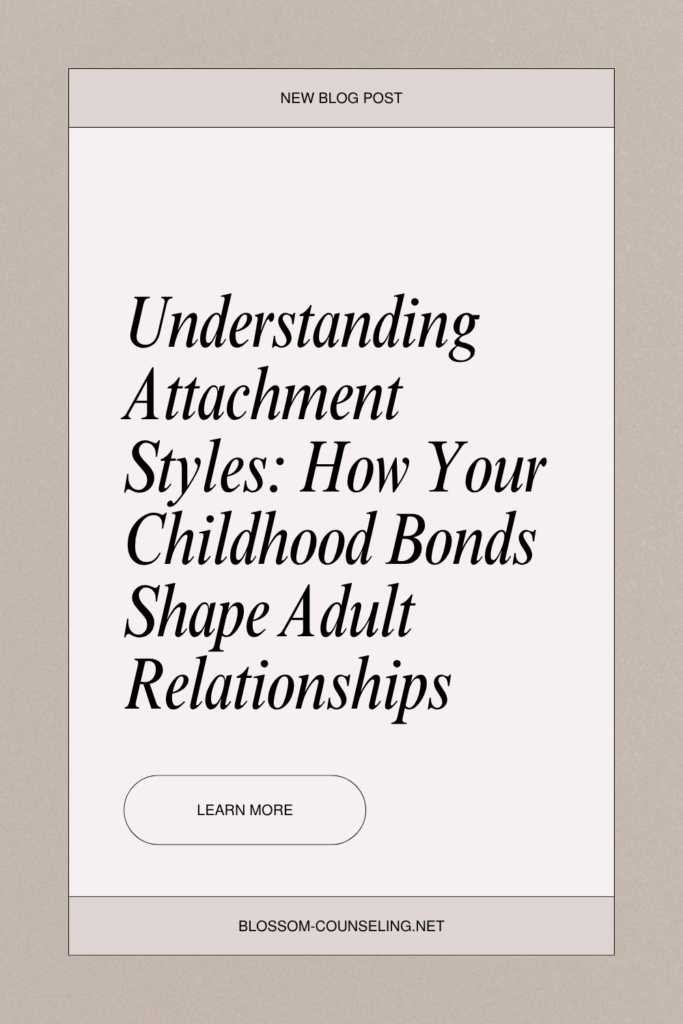
In a world where grand gestures often steal the spotlight, the quiet power of small acts of kindness resonates deeply in our daily interactions. These subtle moments might not make headlines, but they weave the fabric of our daily experiences and significantly boost our mental and emotional well-being.
The Science Behind Small Gestures
Research suggests that even the smallest acts of kindness, like holding the door for someone or sharing a warm smile, can trigger a release of serotonin, a neurotransmitter responsible for feelings of satisfaction and well-being. This isn’t just beneficial for the receiver; the giver experiences a similar boost in mood. It’s a classic win-win, reinforcing social bonds and promoting a sense of community and belonging.
Everyday Examples and Their Impact
Consider how a simple compliment can change your day. When someone notices your effort or appreciates something unique about you, it doesn’t just elevate your mood; it can also increase your self-esteem. Or think about the last time someone offered you their seat on a crowded bus or train. Such actions resonate with a sense of shared humanity and compassion, essential elements in fostering supportive communities.
The Ripple Effect of Kindness
Small gestures often create ripples that extend far beyond the initial interaction. When you start your day with a positive interaction, it can set the tone for the rest of your day, influencing your interactions with others. This ripple effect can spread through communities, as one act of kindness often leads to another, creating a chain reaction of goodwill and compassion.
Understanding and Acknowledging Non-verbal Gestures
Not all small gestures are verbal or direct. A nod, a smile, or even an attentive pause in a conversation can convey empathy and understanding. In relationships, acknowledging your partner’s needs through small acts—like making them a cup of coffee in the morning or taking over a chore they dislike—can significantly strengthen the relationship, communicating love and appreciation without words.
The Role of Small Gestures in Mental Health
In mental health, these gestures take on even greater significance. For individuals dealing with anxiety or depression, a small gesture can be a beacon of hope and connection, breaking through feelings of isolation or despair. Therapists often encourage patients to engage in acts of kindness as a way to enhance their mood and connect with others, making it a part of therapeutic practices that promote healing and recovery.
In the hustle and bustle of modern life, it’s easy to overlook the power of a small gesture. Yet, these moments are pillars of human interaction, essential for building stronger, more empathetic relationships. By embracing and practicing small acts of kindness, we not only enhance our own mental health but also contribute to a more compassionate world. Let’s cherish and cultivate these moments, for their impact is anything but small.
|
|
Our team of compassionate therapists is here to help you find the support you need. We believe in a holistic approach, treating your mind, body, and spirit. With a blend of traditional and alternative therapies, we tailor your experience to meet your unique needs. At Blossom, we create a non-judgmental space where you can be your authentic self. Our goal is to empower you, amplify your strengths, and help you create lasting change. Together, we’ll navigate life’s challenges and help you bloom, grow, blossom! You deserve to become the best version of you.




